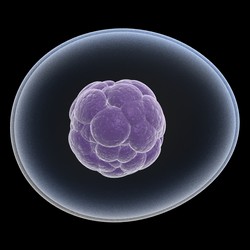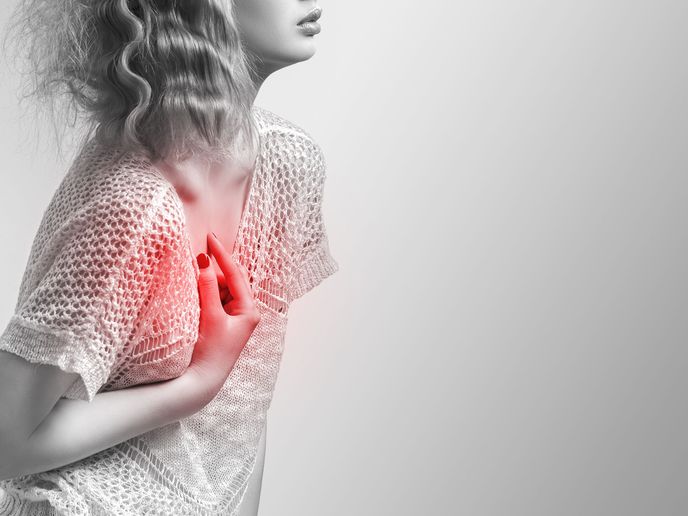Cell therapy for immunodeficiency
PIDs are rare inherited disorders of the immune system caused by mutations in genes required for the development and/or function of immune cells. Patients are prone to infections, autoimmunity and cancer with haematopoietic stem cell (HSC) transplantation from healthy donors being the treatment of choice. However, in the absence of a compatible donor, HSC transplantation is of limited use and often associated with complications. Advanced therapy medicinal products (ATMPs) based on autologous haematopoietic cells, genetically modified ex vivo through viral vectors represent a promising approach to treat PID. However, initial efforts with gene-corrected autologous HSCs experienced safety issues inherent to first generation retroviral vectors in certain types of PIDs. To address this, the EU-funded CELL-PID (Advanced cell-based therapies for the treatment of primary immunodeficiency) project aimed to develop innovative and safe ATMPs for the clinical treatment of PID patients. CELL-PID researchers worked on novel methods for HSC isolation from blood, in vitro culture and enrichment for T cell progenitors. Extensive work has also led to the production of viral vectors to stably integrate the specific therapeutic genes into patient cells. With the aid of innovative technological tools and equipment, the research teams successfully produced good manufacturing practice-grade vectors and medicinal cell-based products. In addition, they developed new strategies to regenerate or replace the thymus, which is often altered in PID patients. From a clinical perspective, CELL-PID performed clinical trials for four disorders, namely severe combined immunodeficiency (SCID)-X1, Wiskott-Aldrich Syndrome (WAS), adenosine deaminase (ADA)-deficient SCID and chronic granulomatous disease (CGD). Overall, the clinical trials demonstrated sustained engraftment of gene-corrected cells, restored immune function and general improvement of the clinical condition of patients. Using rigorous and sensitive assays, partners ensured the safety of the approach. Another major achievement for CELL-PID was the contribution to EU market approval for the first ex vivo stem cell gene therapy product for genetic diseases. With industrial collaborations, patented orphan drugs and Horizon 2020 EU funding, partners are well underway to establishing a European multicentre platform for PID treatment.
Keywords
Cell therapy, primary immune deficiency, haematopoietic stem cell, viral vector, CELL-PID







